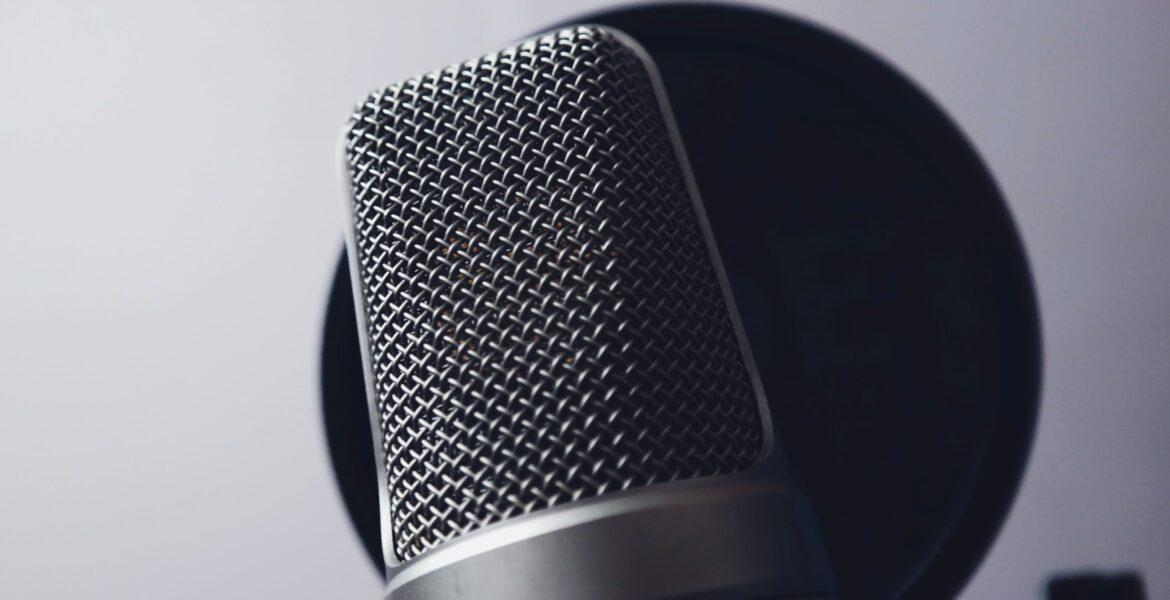Podcasting is growing at an exponential rate partly because its low bar entry requirements make it available to anyone and everyone, writes GOSEGO MOTSUMI
As the world becomes busier, the podcast platform continues to increase in popularity. The global broadcasting market size is expected to reach $41.8 billion by 2026, according to a recent report “Global Podcasting Market (2020-2026).
The rise of the podcast market is attributed to the accessible nature of the medium, and the rise of at-home listening during the COVID-19 pandemic.
“This is a new and interesting wave which allows anyone who is interested in media to have their own platform where they can publish content without any limitations,” says owner of 20th Avenue Podcast, Dumisane Ncube. “Podcasts became more popular during worldwide lockdowns because people became hungry for dialogue-related content.”
Podcasts are not new and were initially known as audio blogging. They are digital audio files made available on the Internet for downloading to a computer or mobile device, typically available as a series, new installments of which can be received by subscribers automatically. A key reason for the ascendancy of podcasts are that they offer a unique opportunity to connect with audiences in a more seamless and organic way.
“We are at a stage where listeners are interested in reality content as they move away from scripted content,” Ncube told Time Out. “This is why you even see people who are not media practitioners creating content that goes viral. The important thing is to produce content that is factual and does not harm anyone.”
But podcasting is still in its infancy stage in Botswana. Ncube points out that this presents an opportunity for more media practitioners and marketers to go into the space so that it may be recognised. The local podcaster’s 20th Avenue Podcast is growing exponentially and he says he is willing to sit down with potential podcasters to discuss the industry and make it grow.
“It would be interesting to see local media practitioners getting into this new zone from which they can actually cash if they package and brand their work properly,” he said.
Ncube started podcasting when the practice was hardly a phenomenon on Botswana but audiences soon warmed up to the idea and have given it positive reviews. “My dream is to see this industry growing big because there is a growing audience and employment creation,” he told Time Out. “We have a lot of content creators who can create commercial platforms through podcasting.”

